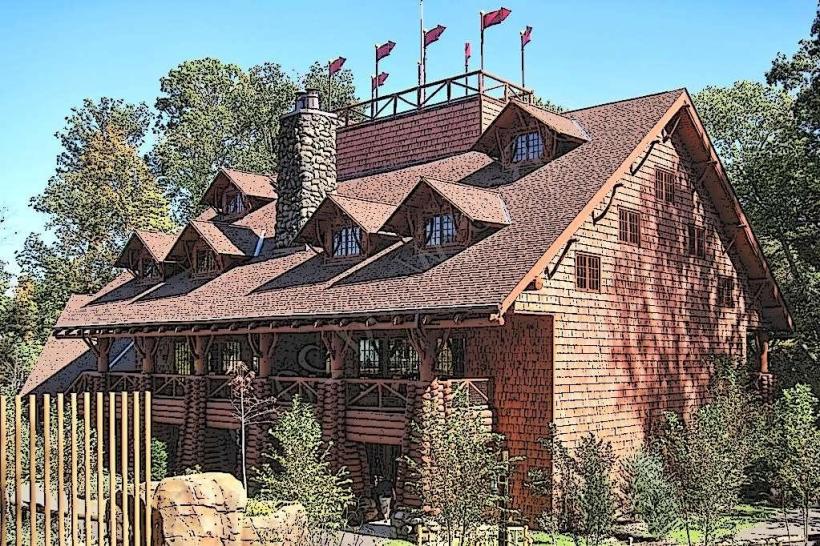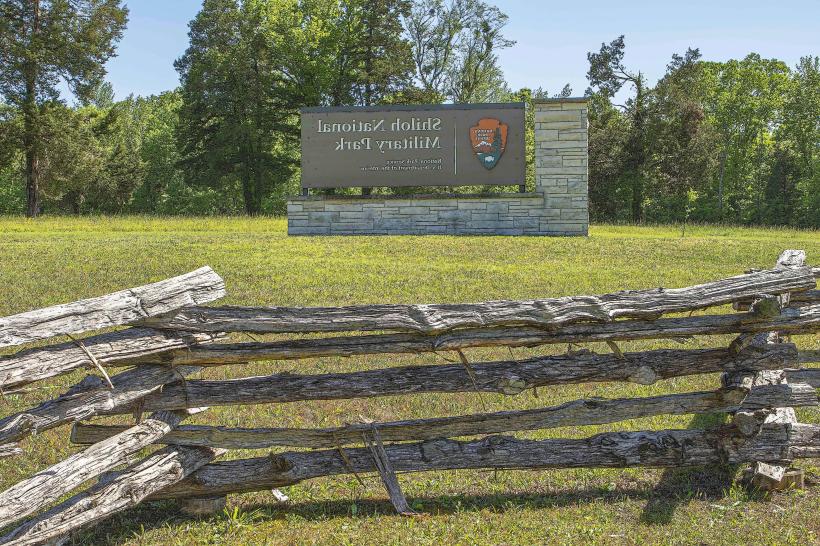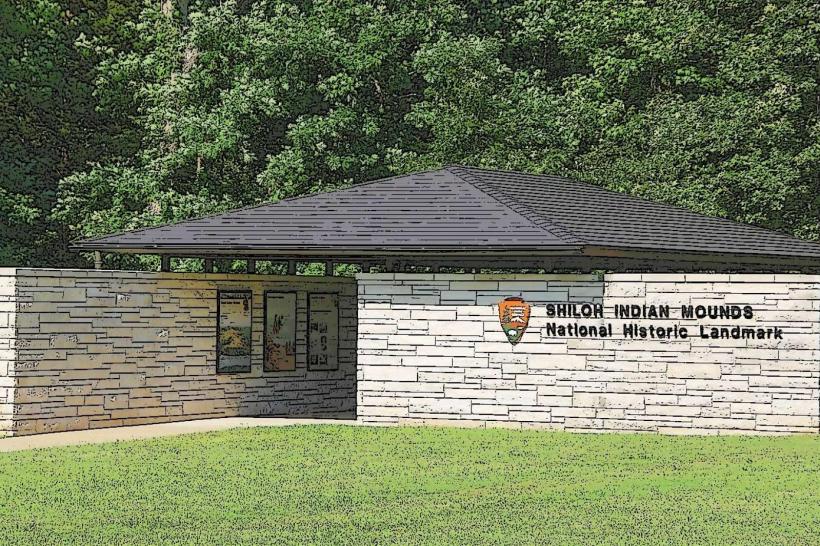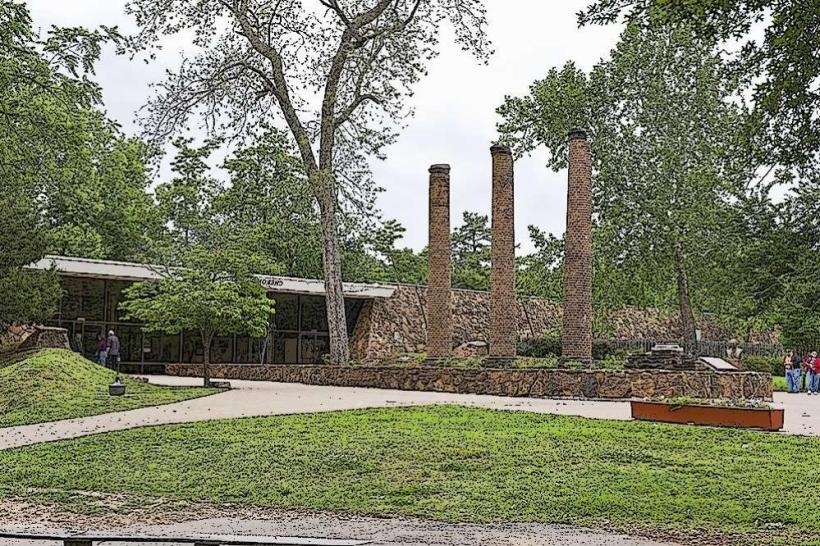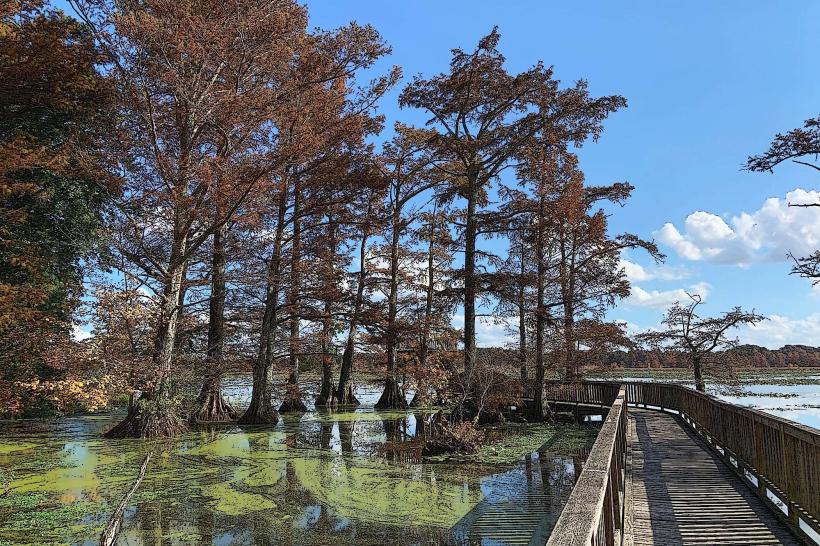Information
Landmark: Hatchie National Wildlife RefugeCity: Memphis
Country: USA Tennessee
Continent: North America
Hatchie National Wildlife Refuge, Memphis, USA Tennessee, North America
Hatchie National Wildlife Refuge is a vast protected area covering approximately 11,556 acres in Haywood County, Tennessee. Established in 1964, it is part of the National Wildlife Refuge System managed by the U.S. Fish and Wildlife Service. The refuge is named after the Hatchie River, which flows through the area, and it preserves one of the largest remaining bottomland hardwood forest ecosystems in the Lower Mississippi River Valley. This ecosystem is critical for a wide variety of wildlife species, particularly migratory birds, fish, and other aquatic organisms.
1. Ecological and Environmental Importance
Habitat Types: Hatchie National Wildlife Refuge consists predominantly of bottomland hardwood forests, wetlands, swamps, oxbow lakes, sloughs, and streams. These habitats are essential for maintaining biodiversity and water quality in the region.
Biodiversity: The refuge supports a remarkable diversity of species:
Over 250 bird species have been documented, including waterfowl, wading birds, songbirds, and raptors.
Fish species exceed 100 different types, such as largemouth bass, bluegill, crappie, catfish, and others.
The refuge is home to various mammals, amphibians, reptiles, and an impressive diversity of freshwater mussels (around 35 species).
Ecological Role: The Hatchie River floodplain serves as a natural filter for sediment and pollutants, helps control flooding, and provides critical breeding and nursery areas for fish and other aquatic organisms.
2. Wildlife and Birdwatching
The refuge is internationally recognized as an Important Bird Area, drawing bird watchers for its abundant populations of migrating waterfowl, shorebirds, and songbirds. Seasonal highlights include large flocks of ducks and geese during winter and colorful warblers and other migratory birds in spring and fall.
Nesting birds such as great blue herons, wood ducks, and prothonotary warblers find refuge in the mature hardwood forests and wetlands.
3. Recreational Activities
Fishing: The Hatchie River and associated lakes and sloughs provide excellent fishing opportunities year-round. Popular species include largemouth bass, crappie, bluegill, catfish, and bowfin. The refuge maintains boat ramps for easy access to fishing waters.
Hunting: The refuge offers regulated hunting seasons for waterfowl, deer, and wild turkey, following strict federal and state guidelines to balance recreation and wildlife conservation.
Boating and Canoeing: Non-motorized boating, such as canoeing and kayaking, is a popular way to explore the waterways, especially Oneal Lake and stretches of the Hatchie River. These activities offer intimate wildlife viewing and peaceful immersion in nature.
Birding and Wildlife Observation: Several vantage points and trails make the refuge ideal for birdwatching, photography, and nature study. The 2.1-mile Oneal Lake Wildlife Drive allows visitors to self-tour by vehicle, offering views of waterfowl, wetlands, and forest habitats.
Hiking and Trails: Though there are no extensive hiking trails, gravel roads and open areas provide access for walking and wildlife observation.
4. Educational and Community Programs
Hatchie BirdFest: An annual spring festival that celebrates the area’s rich birdlife, offering guided bird walks, expert talks, educational workshops, and family activities designed to increase awareness of avian conservation.
Ranger-led Programs: The refuge provides educational activities for schools, scouts, and community groups, including canoe trips, nature hikes, and hands-on experiences such as macroinvertebrate collections to teach about aquatic ecosystems.
5. Conservation and Management
The refuge focuses on preserving the natural floodplain forest ecosystem, maintaining water quality, controlling invasive species, and supporting native wildlife populations.
Habitat management includes periodic prescribed burns, timber management, and water control measures to sustain the health of diverse plant and animal communities.
The Hatchie River corridor within the refuge is considered a vital link in the larger Mississippi Flyway for migratory birds.
6. Visitor Information
Location: The refuge is accessed primarily from Highway 76 near Stanton, Tennessee, with the main office located at 6772 Highway 76 South, Stanton, TN 38069.
Hours: The refuge is open year-round during daylight hours for wildlife observation and recreational activities. The visitor center and offices have regular weekday hours.
Facilities: Amenities include parking areas, boat ramps, picnic sites, and restrooms near the refuge headquarters.
Contact: (731) 772-0501 for visitor information and activity regulations.
Summary
Hatchie National Wildlife Refuge is a crucial natural sanctuary preserving one of Tennessee’s last extensive bottomland hardwood forest ecosystems. It supports rich biodiversity, especially in migratory bird populations, fish, and freshwater mussels, making it a hotspot for wildlife enthusiasts and conservationists. With a range of outdoor activities-fishing, hunting, boating, birding, and nature study-alongside educational programs and annual events like Hatchie BirdFest, the refuge offers a comprehensive experience that connects people to the ecological heritage of West Tennessee’s riverine landscapes.

















